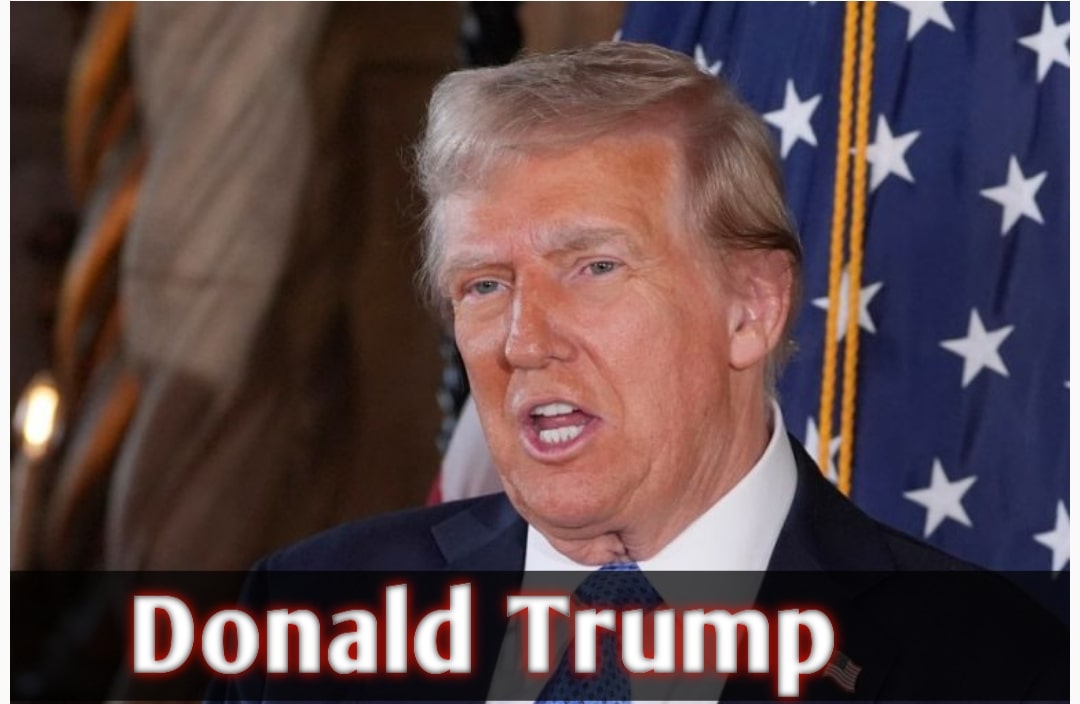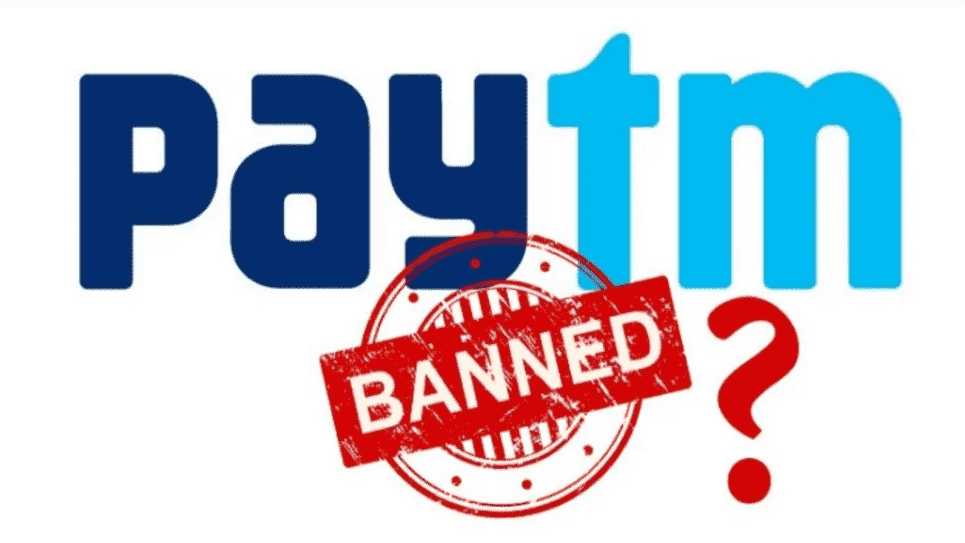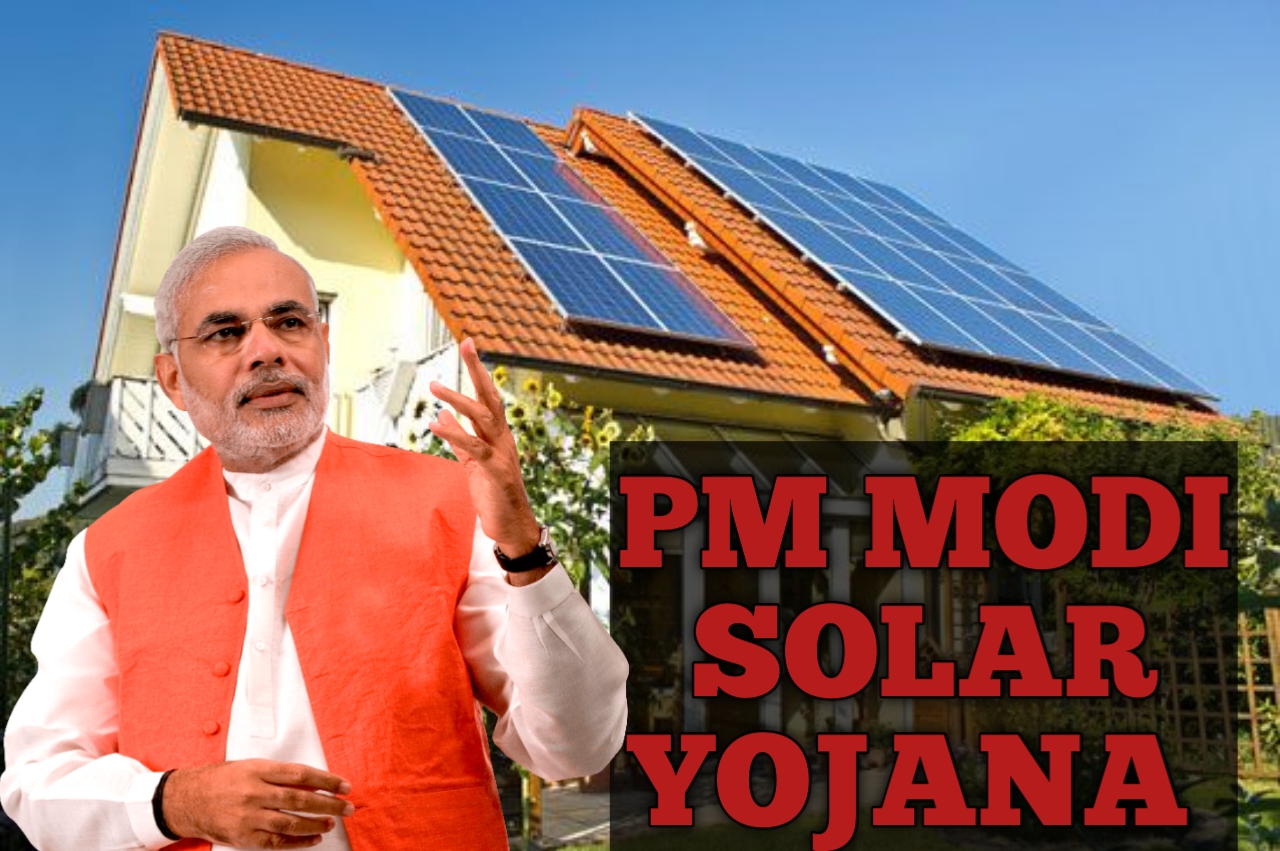
Donald Trump: Business Tycoon to US President
Donald Trump is a name that resonates across the world. Known for his larger-than-life personality, controversial statements, and political prominence, Trump has been a polarizing figure in modern American history. From his beginnings as a real estate mogul to his tenure as the 45th President of the United States, Trump’s journey is as intriguing as it is complex. This article explores his life, career, and lasting impact on American society and politics.
Early Life and Education
Donald John Trump was born on June 14, 1946, in Queens, New York City. He was the fourth of five children born to Fred and Mary Trump. Fred Trump, a successful real estate developer, played a significant role in shaping Donald’s ambitions. From an early age, Trump exhibited a competitive and assertive personality.
Trump attended the New York Military Academy during his teenage years, where he excelled both academically and athletically. In 1968, he graduated from the Wharton School of the University of Pennsylvania with a degree in economics. This education laid the foundation for his entry into the world of real estate and business.
The Business Empire
After completing his education, Donald Trump joined his father’s real estate business, Elizabeth Trump & Son. Under Donald’s leadership, the company was rebranded as The Trump Organization. Trump quickly expanded the business, focusing on high-profile projects in Manhattan.
Some of Trump’s most notable real estate developments include Trump Tower, a luxury skyscraper on Fifth Avenue, and the renovation of the Commodore Hotel into the Grand Hyatt. These projects solidified his reputation as a prominent figure in the real estate industry.
Over the years, Trump’s business ventures expanded beyond real estate. He dabbled in various industries, including casinos, golf courses, and even professional sports. Despite his successes, Trump’s business career was not without setbacks. Several of his companies faced bankruptcies, and his financial dealings often attracted scrutiny.
The Media Personality
In addition to his business endeavors, Donald Trump became a household name through his involvement in the entertainment industry. In 2004, he debuted as the host of the reality television show The Apprentice. The show, which featured contestants competing for a position in Trump’s organization, was a massive hit and further cemented his status as a cultural icon. His catchphrase, “You’re fired,” became synonymous with his blunt and assertive style.
Trump’s media presence extended to frequent appearances on talk shows, interviews, and even cameo roles in movies and TV shows. His ability to command attention and generate headlines made him a polarizing yet influential figure.
Entry into Politics
Donald Trump’s political aspirations were not new. As early as the late 1980s, he expressed interest in running for office. However, it wasn’t until 2015 that he officially announced his candidacy for the presidency as a Republican. His campaign slogan, “Make America Great Again,” resonated with a significant portion of the American electorate.
Trump’s campaign was marked by its unconventional style. He leveraged his media savvy to dominate news cycles, often using social media platforms like Twitter to communicate directly with the public. His rhetoric, while controversial, struck a chord with voters who felt disillusioned with traditional politicians.
The 2016 Presidential Election
The 2016 presidential election was one of the most contentious in American history. Trump faced off against Democratic candidate Hillary Clinton. Despite being considered an underdog, Trump’s campaign capitalized on issues such as immigration, trade, and national security. His promise to build a wall along the U.S.-Mexico border and his “America First” approach to policy garnered widespread attention.
On November 8, 2016, Donald Trump achieved a stunning victory, winning the Electoral College despite losing the popular vote. His election marked a significant shift in American politics, signaling the rise of populism and anti-establishment sentiments.
Presidency (2017-2021)
Donald Trump’s presidency was characterized by bold policies, controversial decisions, and a deeply divided political climate. Here are some key highlights of his tenure:
Domestic Policies
- Tax Cuts and Jobs Act: Trump’s administration passed significant tax reform in 2017, reducing corporate tax rates and altering individual income tax brackets.
- Immigration: Trump’s immigration policies were a focal point of his presidency. He implemented a travel ban targeting predominantly Muslim countries and sought to end the Deferred Action for Childhood Arrivals (DACA) program.
- Judiciary: Trump appointed three Supreme Court justices—Neil Gorsuch, Brett Kavanaugh, and Amy Coney Barrett—shifting the court’s ideological balance.
Foreign Policies
- Trade: Trump’s administration renegotiated trade deals, including the United States-Mexico-Canada Agreement (USMCA), and imposed tariffs on Chinese goods to address trade imbalances.
- Middle East: Trump brokered the Abraham Accords, normalizing relations between Israel and several Arab nations.
- Withdrawal from International Agreements: He withdrew the U.S. from the Paris Climate Agreement and the Iran nuclear deal, citing concerns over their effectiveness.
COVID-19 Pandemic
The COVID-19 pandemic was a defining moment of Trump’s presidency. His administration’s response faced criticism for its handling of testing, mask mandates, and vaccine distribution. However, the development of vaccines under “Operation Warp Speed” was a significant achievement.
Impeachment Trials
Trump’s presidency saw two impeachment trials. The first, in 2019, involved allegations of abuse of power and obstruction of Congress related to Ukraine. The second, in 2021, stemmed from the Capitol riots on January 6. He was acquitted in both trials.
The 2020 Presidential Election
In 2020, Trump sought re-election against Democratic candidate Joe Biden. The election took place amid the COVID-19 pandemic and widespread social unrest. Trump’s campaign emphasized economic recovery and law-and-order issues.
On November 3, 2020, Joe Biden defeated Trump in both the popular vote and the Electoral College. Trump’s refusal to concede and claims of election fraud culminated in the January 6 Capitol riots, a dark chapter in American history.
Post-Presidency
Since leaving office, Donald Trump has remained a dominant figure in the Republican Party. He has hinted at running for president in 2024 and continues to hold rallies and endorse candidates. His influence on American politics and the GOP’s direction is undeniable.
Legacy
Donald Trump’s legacy is a subject of intense debate. Supporters view him as a transformative leader who championed the interests of ordinary Americans and challenged the political establishment. Critics argue that his divisive rhetoric and policies deepened societal divisions and undermined democratic norms.
Conclusion
Donald Trump’s journey from a business tycoon to the presidency is a testament to his ambition, charisma, and resilience. Whether celebrated or criticized, his impact on America’s political landscape is undeniable. As the nation continues to grapple with the implications of his leadership, Trump’s story serves as a reflection of the complexities and contradictions of modern American society.








![JAWAN MOVIE 2023,रिलीज़ दिनांक,SRK के जवान के बारे में वह सब कुछ जो आपको जानना आवश्यक है,9. जवान कास्ट वेतन या पारिश्रमिक शाहरुख खान,8. शाहरुख खान का डबल रोल?,मुंबई:,1. निदेशक,2. जवान बजट,3. अग्रणी महिला,4. खलनायक,7. जवान प्लॉट,,[CENEMA HALL ]बॉक्स ऑफिस,](https://techmitras.com/wp-content/uploads/2023/07/image_search_1689007601111.jpg)





